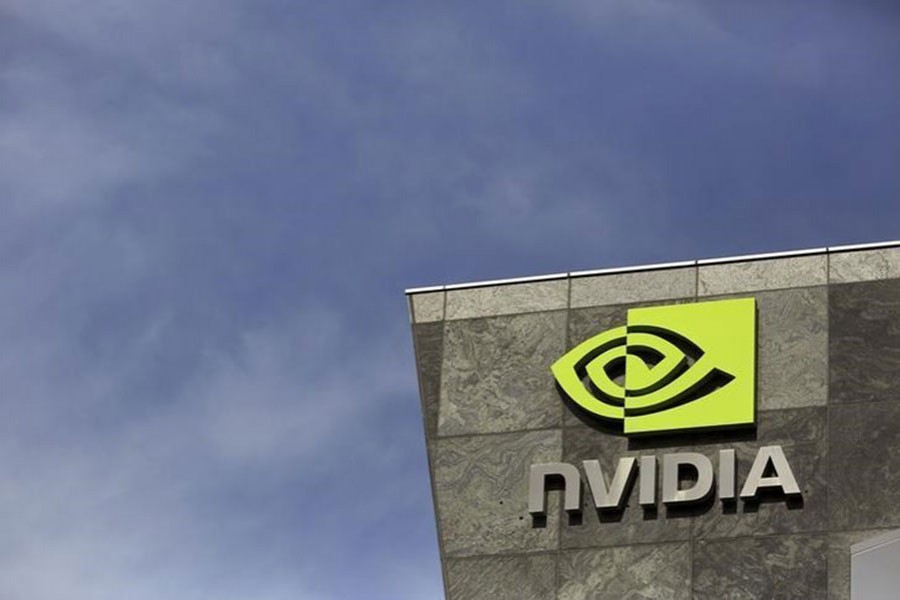US chip maker unveils next-generation device for fully autonomous cars

Published :
Updated :

Silicon Valley graphics chipmaker NVIDIA unveiled on Tuesday the first computer chips for developing fully autonomous vehicles and said it had more than 25 customers working to build a new class of driverless cars, robotaxis and long-haul trucks, reports Reuters.
Deutsche Post DHL Group, the world's largest mail and logistics company, and ZF, a top automotive parts supplier, plan to deploy a fleet of autonomous delivery trucks based on the new chips, starting in 2019, NVIDIA said.
The third generation of NVIDIA's Drive PX automotive line, code-named Pegasus, are chips the size of car licence plates with datacentre-class processing power.
They can handle 320 trillion operations per second, representing roughly a 13-fold increase over the calculating power of the current PX 2 class.
This dramatic improvement is a pre-condition for developing and testing future autonomous cars, experts said.
"NVIDIA is one step ahead. But you can be sure you can expect (rival chipmakers) Intel, NXP and Bosch not to be too far behind," said Luca De Ambroggi, principal automotive electronics analyst with industry market research firm IHS Markit.
Computer chip giant Intel and its Mobileye automotive unit are working with German carmaker BMW and US auto supplier Delphi on their own autonomous driving platform due out in 2021.
The Pegasus line will be available by the middle of 2018 for automakers to begin developing vehicles and testing software algorithms needed to control future driverless cars, NVIDIA executives told a developers' conference in Munich on Tuesday.
A level 5 vehicle is capable of navigating roads without any driver input and in its purest form would have no steering wheel or brakes.
A level 3 car still needs a steering wheel and a driver who can take over if the car encounters a problem, while level 4 promises driverless features in dedicated lanes.
The deal between Deutsche Post, ZF and NVIDIA will include future Deutsche Post StreetScooter delivery trucks. In Munich, the three partners are showcasing a prototype StreetScooter running NVIDIA Drive PX chips used to control sensors including six cameras, one radar and one lidar, or 3D laser camera.


 For all latest news, follow The Financial Express Google News channel.
For all latest news, follow The Financial Express Google News channel.